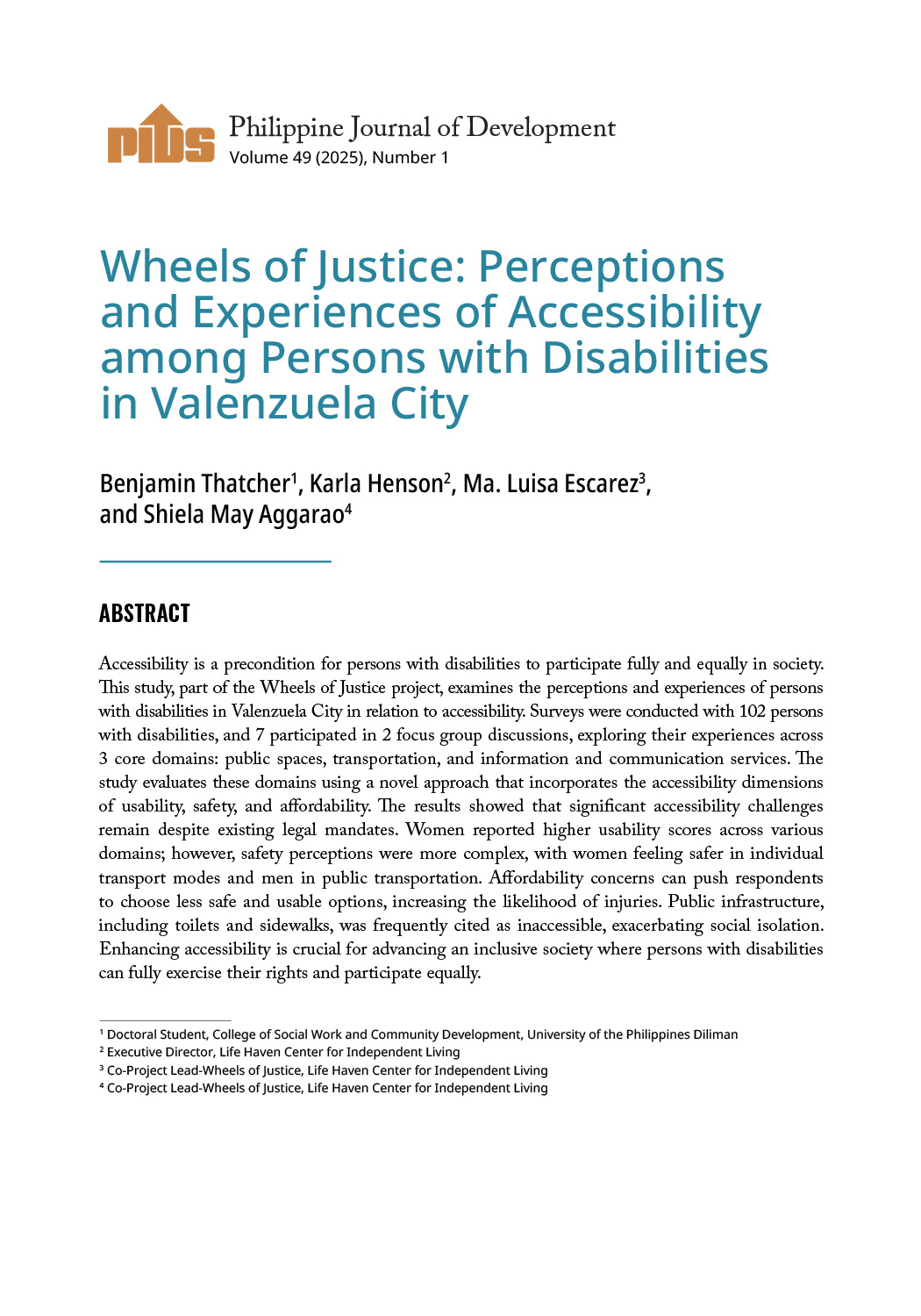The government needs to reduce regulatory burdens in the logistics industry to boost the country’s export competitiveness, a study published by state think tank Philippine Institute for Development Studies (PIDS) said.
The study titled, Regulatory Measures Affecting Services Trade and Investment: Distribution, Multimodal Transport, and Logistics Services, examined the various regulatory requirements and legal obstacles in the distribution, multimodal transport, and logistics services in the country.
In 2016, the report said that the Philippines’ overall logistics performance index was “way below those of the older members of the Association of Southeast Asian Nations,” adding that it was even lower than Viet Nam, one of the transition economies in Southeast Asia.
“In the field of logistics, the Philippines has one of the most restrictive set of regulations which, together with other factors, are responsible for its relatively poor logistics performance,” the study said.
The report identified various regulatory issues and challenges in the sector, particularly in the implementation aspect.
It revealed that the lack of awareness about the importance of integration and coordination in the logistics chain has resulted in inconsistent, overlapping, and sometimes contradictory policies.
This issue has caused loss of major logistics providers and foreign investors in the country, the report said.
Furthermore, it said that the uncoordinated logistics system in the country can also be attributed to the absence of a single coordinating agency.
At present, various agencies have different sets of regulations for the transport, logistics, and distribution sectors in the Philippines—Land Transportation Franchising and Regulatory Board and Land Transportation Office for road transport, Maritime Industry Authority and Philippine Ports Authority for maritime transport, and Civil Aviation Authority of the Philippines for air transport, among others.
This remains to be a hindrance for prospective investors to do business in the country, as there are many regulations and business licenses covering all aspects of logistics services under the jurisdiction of different government agencies, the report explained.
Maritime transport is one of the most important modes of transport in international trade especially for archipelagic countries like the Philippines. However, the report said that the poor quality of port management in the country has led to higher logistics costs on the part of service providers.
In terms of the logistics industry, the study noted the lack of effective enforcement of important regulations on the part of implementing agencies.
An example of this is the continuous operation of old and outdated delivery trucks and vehicles in the country.
The same issues persist in the local government level, with different local government units (LGUs) implementing varied, inconsistent, and unpredictable regulations, it said.
These regulations include the use of different stickers for passage to different areas, inconsistency of operating permits, and different number coding schemes between cities and provinces.
To address this regulatory issue, the study proposed that the Department of Transportation, along with Congress, should disallow the collection of pass-through fees in LGUs to prevent abuse of authority from happening in the grassroots.
It also suggested introducing more foreign competition and improving access to the most efficient transport and logistics service providers to accelerate the country’s overall trade performance.
The study also recommended the creation of a lead agency to oversee the sector and ensure that the flow of information between relevant stakeholders is maintained and is responsible for getting the full cooperation and support from other government agencies involved.












